Healing from Holocaust Survivor Guilt
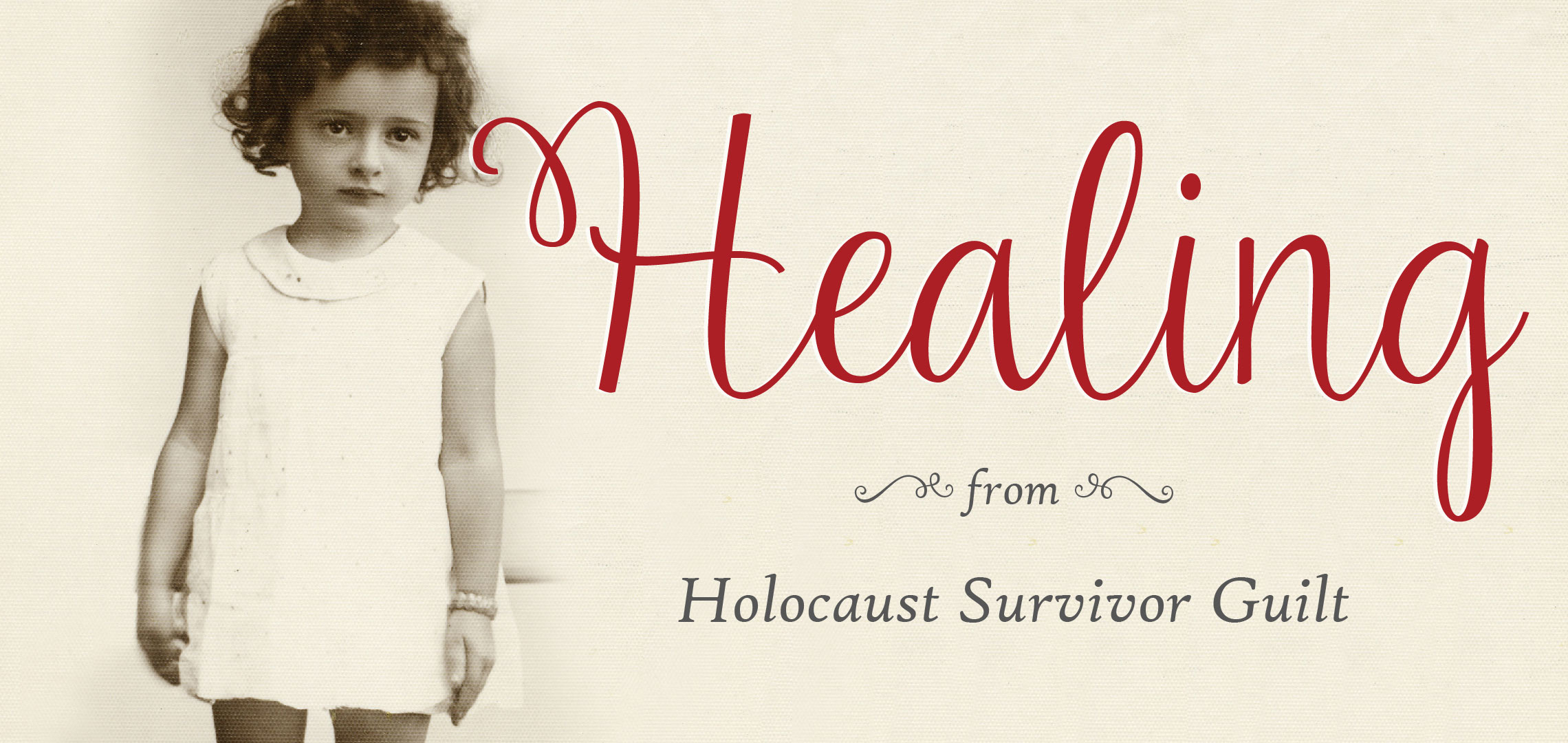
Jewish Book Month begins tomorrow (November 6–December 6), but the best books on Jewish themes are also the ones that resonate with universal messages. Sande Boritz Berger’s The Sweetness is one of those books, with the 2014 Indiefab Book of the Year Award finalist reporting brisk sales. The book touches on themes that transcend the Holocaust itself, and goes into what’s become known as survivor’s guilt. Holocaust survivors will soon no longer be with us, but it is up to future generations to continue coping with its aftermath. Below the news, Berger discusses the next generation’s burden and the mission of her publisher, She Writes Press.
First, the News
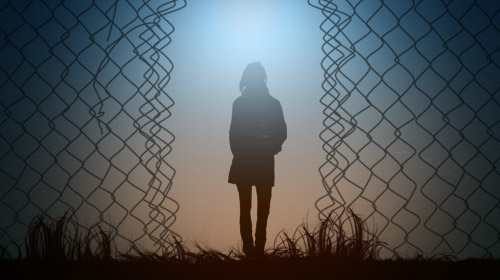
Mass Incarceration Solutions: By now, many Americans are aware that our brutal system of mass incarceration is out of control and ineffective. But acknowledging the problem is only the first step. But what are the alternatives? Turns out, there are plenty. And new indie authors like Baz Dreisinger are shining a light not only on the problem, but on possible solutions. Executive Editor Howard Lovy has a review and commentary.
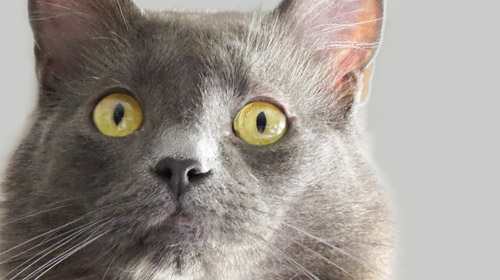
Cool Cat Books: Did you know that there are cats on the Internet? Not only that, but there are some purrfect books for cat lovers, with everything from heartwarming tales to adventures in the great outdoors.
Featured Reviews of the Week
Suckers by Z. Rider. “The vampire mythos hasn’t been this creepy since Bram Stoker wrote Dracula. Rider is an excellent writer, peppering the text with descriptions of the grotesque.” Reviewed by Allyce Amidon.
The Question of the Unfamiliar Husband by E. J. Copperman and Jeff Cohen. “If Sheldon Cooper were a detective, he’d be Samuel Hoenig, whose Asperger symptoms and mystery-solving skills combine to offer humor and suspense.” Reviewed by Robin Farrell Edmunds.
Meeting China Halfway: How to Defuse the Emerging US–China Rivalry by Lyle J. Goldstein. “A scholarly and optimistic analysis of US-China relations, as well as a call to action on the importance of improving ties between the two superpowers.” Reviewed by Stephanie Bucklin.
Falling in Love with Hominids by Nalo Hopkinson. “Hopkinson gives her characters various levels of reliability, rooting magical realism in reality to create a surreal collection of stories.” Reviewed by Jeff Fleischer.
Food and Freedom: How the Slow Food Movement Is Changing the World through Gastronomy by Carlo Petrini. “Petrini delves into contemporary agriculture problems to assert the importance of producing and consuming food that is good, clean, and fair.” Reviewed by Rachel Jagareski.
Sande Boritz Berger
Books about the Holocaust—stories of survivors and of second generations—seem to be increasing in popularity lately. Is this because we’re at a phase where there are fewer and fewer eyewitnesses alive?
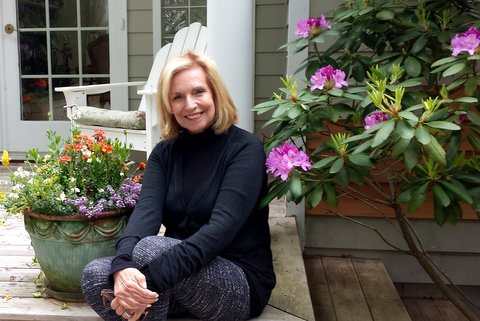
Sande Boritz Berger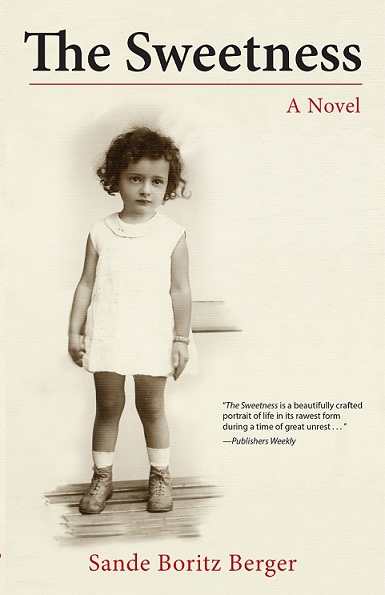
Although it’s true that this year marked the seventieth anniversary of the liberation of the concentration camps—and most survivors of that horrific time in history are no longer alive to tell their stories—the generations that followed inherited their legacy. As a result, thousands of stories have been shared with the world so many years later. As a second generation American, the theme of survivor guilt would ultimately become the motivation for my novel, The Sweetness. At some point I finally understood why the people in my family who had escaped Hitler and the war in Europe seemed to have so many emotional difficulties.
Survivor guilt is a force that endures, whether within the context of the tragic wars of yesterday and today, or in the ongoing trauma seen within families. I believe there are so many stories because people are encouraged today to share them as a way of healing.
The Sweetness was a 2014 Indiefab Book of the Year Award finalist. Did this help in terms of visibility for your book?
Absolutely! Being a finalist immediately gave The Sweetness greater credibility and thus enhanced the book’s visibility. Also, the novel was categorized as historical fiction, which ultimately helped attract a wider and more diverse readership. I was pleased to notice that many indie bookstores and libraries became very receptive to stocking the book and invited me to give readings. The Indiefab finalist status was also promoted at major book fairs, including the American Library Association Annual Conference held in San Francisco and the largest international book fair in Frankfurt, Germany.
How did you choose this topic as your debut novel?
Actually, I feel the topic chose me. It made sense that I would be the one in our family to tell this story, which was inspired by my immigrant grandparents’ experiences in the years during and after WWll. About eight years ago, I was visiting my elderly aunt who handed me an old cookie tin and sat quietly while I riffled through its contents. But instead of cookies, I found a bunch of tattered documents and old photos. One was the photo of a young girl and her birth announcement from relatives living in Vilna before Hitler came to power. Her name was Rosha, and I soon learned she was my second cousin. It was my aunt’s sad reaction to questions and words of profound regret about leaving her homeland to come to America, therefore surviving the war, that triggered the theme I was compelled to explore in my novel. Rosha is the girl on the cover.
Tell us a bit about She Writes Press and their mission. How does it fit with yours?
She Writes Press is an independent publishing company founded to serve members of She Writes, which has become the largest global community of women writing online and woman writers everywhere. They are both mission driven and community orientated and work with writers like me who are interested in maintaining greater ownership and control of their writing projects. I was able to get editorial help if needed and marketing options to fit with my book’s genre and message. I didn’t want to publish my book and then float freely in space among other first time authors. She Writes offered me a whole community of writers going through the same process and blogs to share my questions and concerns.
What is the ideal time, and the ideal place, for you to sit down and write?
Ah, the truth is my muse has a very spontaneous way of working. I am not one of those disciplined writers who sit down at the same time every day and stare at that blank screen waiting for the magic to happen. Over the years, I’ve learned that I am actually writing while taking long walks, or driving, or unfortunately while trying to sleep. These dreamy sequences before getting words down help to clarify what I really want to say. It also removes the cobwebs so that when I do sit down and write, I usually find the flow.
